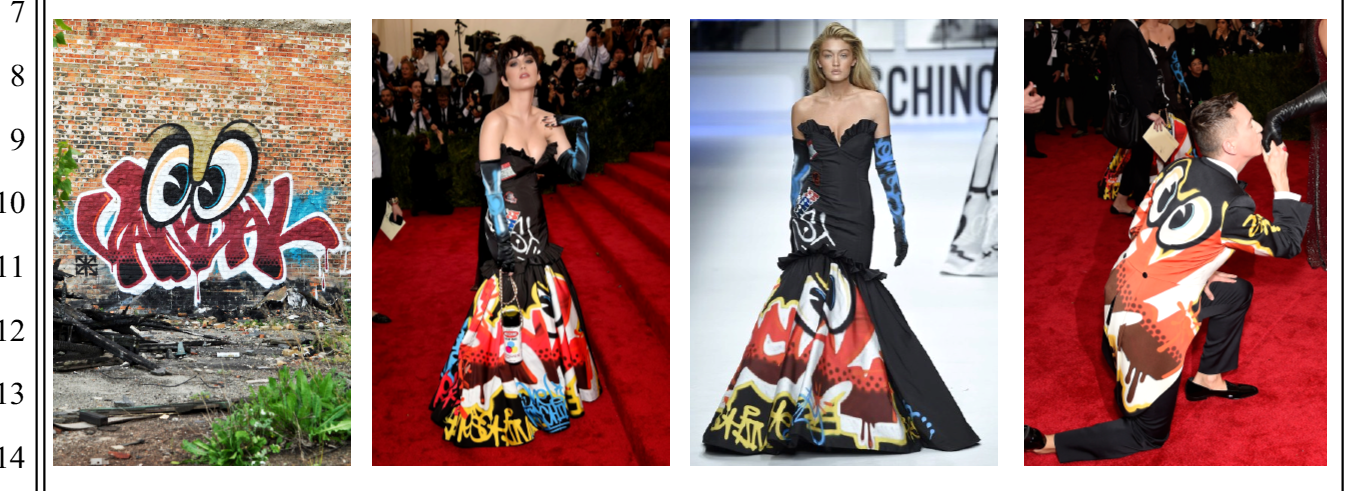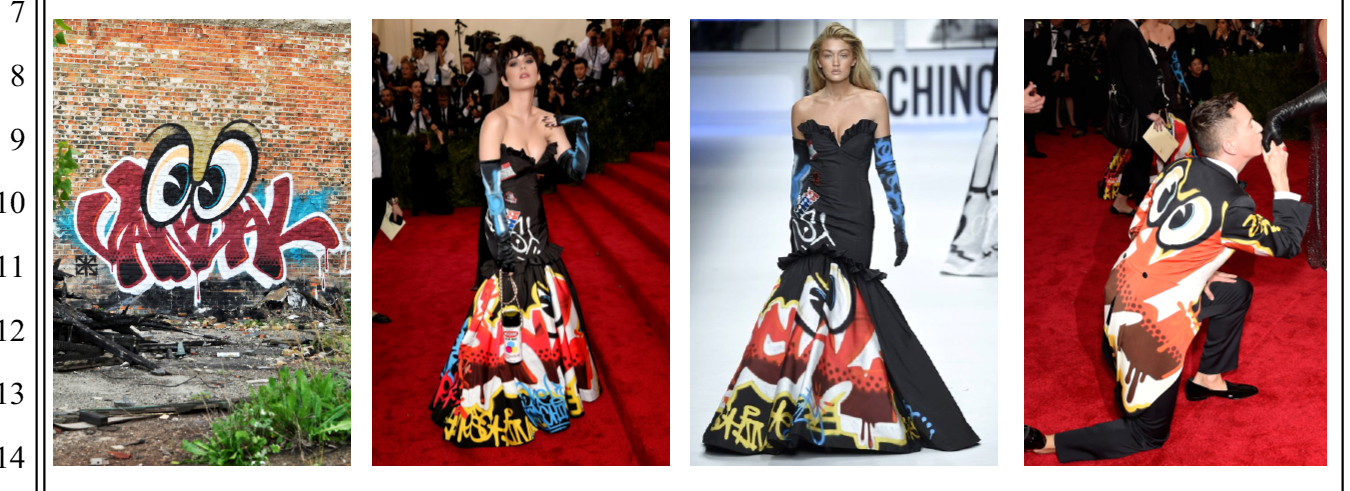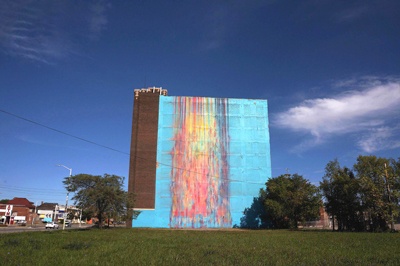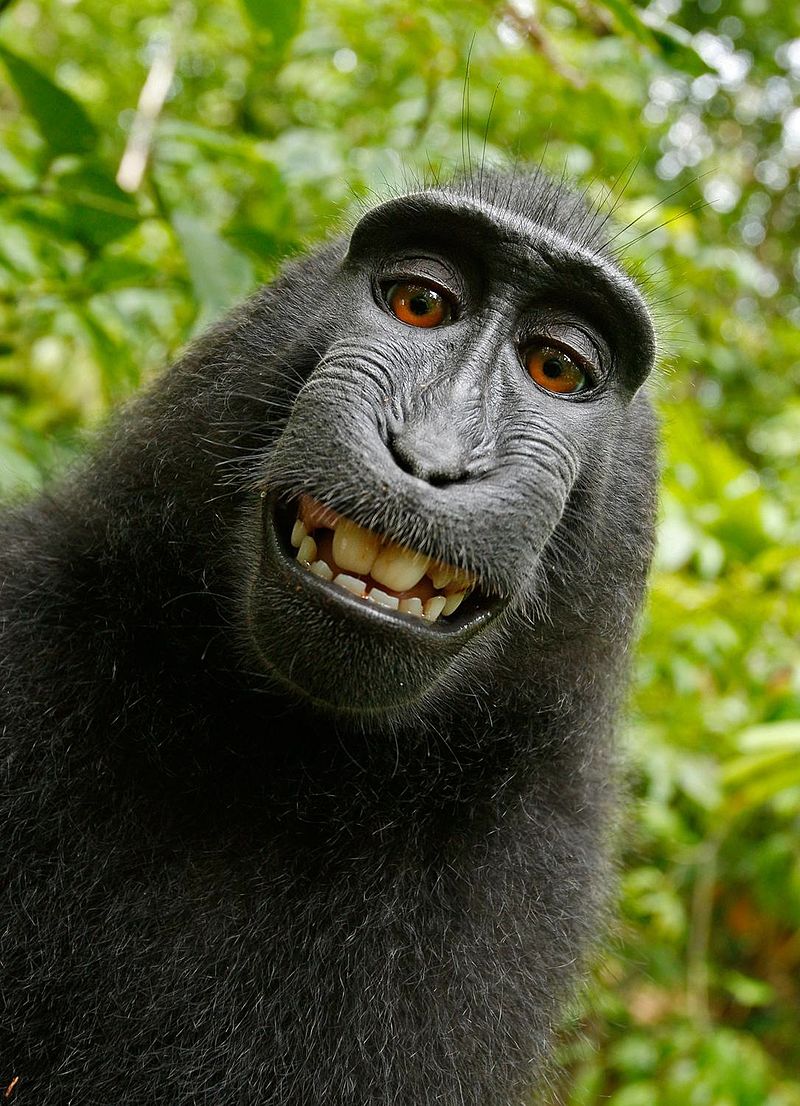Following the recent Supreme Court decision in Andy Warhol Foundation for the Visual Arts v. Goldsmith, I wrote an article in Apollo magazine discussing the result. The bottom line is that I continue to see the result as a sensibly practical one, that resets the over-reliance on a transformative test that had no limits in the execution. I also dislike the dissent more each time I read it.
New Article in Apollo magazine: The Supreme Court has saved the Andy Warhol Foundation from itself
Topics: Campbell v. Acuff Rose Music Inc., Supreme Court, Copyright, Fair Use, Andy Warhol Foundation for the Visual Arts, Apollo Magazine, Kagan, Lynn Goldsmith
Event—Innovation and change in a Responsible Art Market
As potential regulation of the art market gathers in the United States, the increasing relevance of the Responsible Art Market Initiative is ever clearer. And while we will miss gathering in Geneva for the first time in several years, RAM is undeterred. Join us on Friday January 29, 2021 for a virtual edition of the annual RAM event, this year entitled “Innovation and change in a Responsible Art Market.” The program follows below (including a virtual networking opportunity), and registration by 27 January 2021 can be accomplished using the following link: www.responsibleartmarket.org/event-registration.
See you then. Until next year, this will have to suffice for ein Stückchen der Schweiz from last February:
Topics: Anne Laure Bandle, Reibpartie, Pierre-Auguste Renoir, Art Law Foundation, New York University, TEFAF, Geneva, Sandrine Giroud, Lalive, Albert Martin Wolffson, Eugene Driker, Sullivan & Worcester LLP, Henry Zacharias, Copyright, EPA Victory, Sullivan and Worcester LLP, Bonhams, Nicholas M. O'Donnell, Elmyr de Hory, Mathilde Heaton, RAM, Responsible Art Market initiative, Phillips, Stephenson Harwood, Jonathan Petropoulos, Nanne Dekking, Artory, National Defense Authorization Act, Nicolas Galley, Borel & Barbey, Valentina Volshkova, Masterworks, Tom Christopherson, Melanie Damani, Pace Gallery, University of Zurich, Masha Golovina, Hottinger Group, Freya Simms, LAPADA, The Association of Art and Antiques Dealers, Audry Li, Zhong Lun Law Firm, Shanghai
A Signpost for Artists’ Rights or the Beginning of the End? 5Pointz Damages Award May be A Fork in the Road
Last week Apollo magazine published my comments about the recent 5Pointz decision. The article can be found here, and the text is reprinted below:
Topics: Graffiti Art, Visual Artists Rights Act of 1990, VARA, Jerry Wolkoff, Copyright, 5Pointz, Street Art
Is Graffiti Ineligible for Copyright Protection Just Because the Act of Tagging is Illegal?
After reports of a settlement proved premature, designer Moschino S.p.A. and its creative director Jeremy Scott have moved for summary judgment on the copyright claims filed last year by street artist Joseph Tierney, better known as “Rime.” The motion raises a number of arguments, but the most significant is the contention that Tierney’s work, as graffiti, is ineligible for copyright protection in the first instance. The view here is that defendants are mistaken about the eligibility question. And even if defendants can convince the court that they are right about the legal question of the availability of copyright for street art or graffiti, Tierney’s factual rebuttal on the question of whether had permission to create the art that was used in Moschino’s clothing designs makes it hard to imagine that they could convince the court that there are no material facts in dispute—the applicable standard for a motion for summary judgment. It will be very interesting too to see how the court grapples with questions about whether characters and symbols can be copyright management information (CMI) under the Digital Millennium Copyright Act (DMCA, 17 U.S.C. § 1202).
Topics: copyright management information, DMCA, Rime, Graffiti Art, Copyright, Moschino, CMI
California Resale Royalty Act Claims Dismissed as Preempted by Copyright Law, Despite 1980 Ninth Circuit Holding to the Contrary
Just three months after the Supreme Court denied certiorari review of last year’s Ninth Circuit decision finding California’s Resale Royalty Act unconstitutional under the Dormant Commerce Clause in part—but also valid in part—the U.S. District Court in Los Angeles has ruled the entire law invalid as preempted by copyright law. Critically, the opinion relies on last year’s Ninth Circuit ruling on the Commerce Clause issue to overrule a 1980 Ninth Circuit case that expressly rejected the idea that the law was preempted. This core holding of yesterday’s opinion is hard to square with Ninth Circuit precedent, but that will be tested on appeal, for sure. As before, expect proponents of Congressional efforts to enact national legislation to use this decision as support for the idea that a federal solution is necessary, but those efforts have born little fruit to date.
Topics: Legislation, Preemption, California Resale Royalty Act, Copyright
"Rime" Graffiti Case Against Moschino Survives Dismissal
Last year street artist Joseph Tierney, better known as “Rime,” sued designer Moschino S.p.A. and its creative director, Jeremy Scott, for a variety of copyright and trademark claims based on the alleged use of Rime’s works in certain fashion lines. The presiding court has denied Moschino’s efforts to have the claim dismissed in a decision that provides an important, if implicit, endorsement of the rights of street artists under the Copyright Act, and of a novel theory under the DMCA. While some reports stated that the case was now going to trial, it is not there quite yet. It will now presumably head into discovery for the exchange of facts and information to see if there is in fact a need for a trial later.
Topics: copyright management information, Katy Perry, DMCA, Rime, Copyright, Moschino, Lanham Act, Josep Tierney
Katherine Craig Files VARA Claim over Illuminated Mural—“Recognized Stature” and Terms of Agreement Will be Critical
Last year we bemoaned a lost opportunity when a preliminary injunction concerning a mural on the Prado Dam in California was decided under what seemed to us to be a misunderstanding of the Visual Artists Rights Act of 1990, 17 U.S.C. § 106A ("VARA"). Although a preliminary injunction was eventually entered on other grounds concerning historic preservation statutes, the court joined a long line of decisions that seemed not to understand or unwilling to apply what VARA actually says. Given the rarity with which VARA claims actually get to court, it was a frustrating lost chance for some badly needed interpretive guidance.
Topics: recognized stature, VARA, Copyright
Supreme Court Declines Review of California Resale Royalty Case
The U.S. Supreme Court has declined to hear an appeal of last year’s Ninth Circuit decision striking down part of the California Resale Royalty Act. The law provided royalties to artists on sales after the work leaves the artists’ ownership, on the grounds that artists often fail to enjoy the benefit of an increase in value in their works. Such royalties are more common in Europe, but they are controversial there, too. Opponents argue that it is a deterrent to art trade, and in any event while there is a patchwork of laws, encourages sellers to forum shop to avoid the royalties.
Topics: Legislation, Resale Royalties, Copyright
Naruto, We Hardly Knew Ye—Judge Calls Monkeyshines on "Monkey Selfie" Case
It appears that the much-maligned “monkey selfie” case is destined for a quick exit. The U.S. District Court for the Northern District of California posted a brief order expressing the sentiment of the presiding judge as expressed at a hearing on a defendant’s motion to dismiss. Specifically, the Hon. William H. Orrick made a tentative ruling that the photograph of a crested black macaque cannot be copyrighted on behalf of the animal itself.
Topics: Copyright Act, People for the Ethical Treatment of Animals, monkey selfie, Congress, PETA, David Slater, Copyright, Blurb Inc., Naruto, Hon. William H. Orrick, authorship, Cetacean Community v Bush, Ars Technica
PETA and Opponents Sling Arguments In “Monkey Selfie” Copyright Case
We reported in September on the lawsuit filed in California over the so-called “Monkey selfie” that underscored some of the limits of copyright protection. One of the defendants, Blurb, Inc., the publisher of photographer David Slater’s picture, has moved to dismiss, and People for the Ethical Treatment of Animals has responded. The back and forth is, well, something akin to the infamous barrel full of monkeys.
Topics: People for the Ethical Treatment of Animals, Blurb, monkey selfie, Compendium of U.S. Copyright Office Practices, Wildlife Personalities., PETA, David Slater, Copyright, United States Copyright Office









